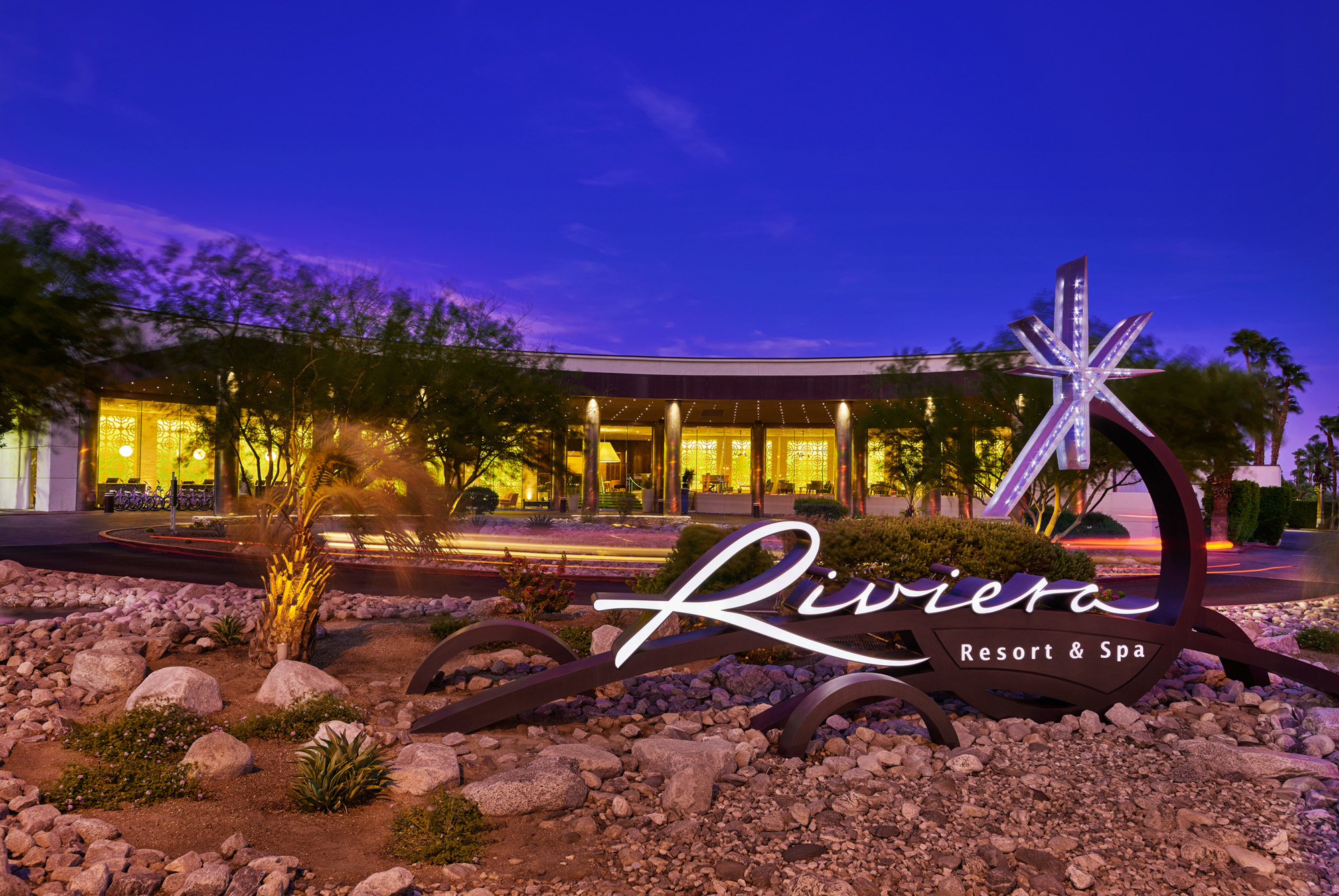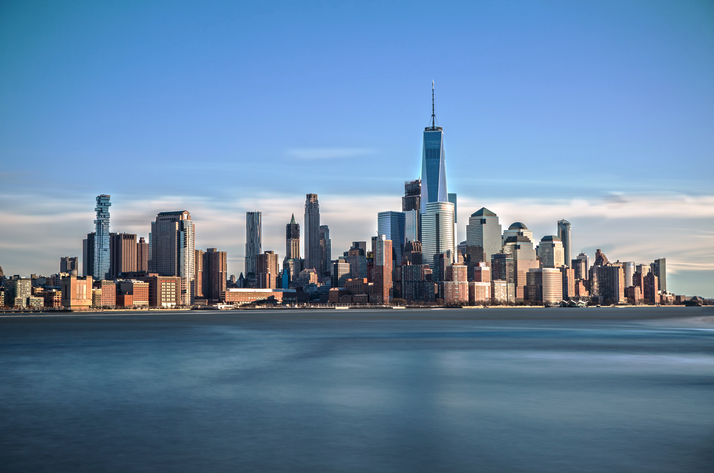The ongoing feud between Airbnb and hotels continues after the home-sharing company released a report recording what it claims to be price-gouging at the hands of hotels during Memorial Day weekend. The company calls out “compression pricing,” a tactic used by hotels to maximize rate during periods of high occupancy, such as holidays and other high-traffic periods.
“Despite four years of record profits, the big hotel chains are targeting people who share their homes because they want to continue exploiting their control of supply in markets in order to use ‘compression pricing,’ the industry term for price gouging, to raise prices for consumers,” Airbnb’s report reads.
It’s a rare moment of offense from Airbnb, which until recently has been content to silently sit at the top of the bookings food chain and slowly make concessions with one city at a time as they shake the company down for tax revenue. A report from data solutions provider SimilarWeb finds Airbnb earned 106.9 million visits to its website in Q1 2017, 31 percent more than the same period in 2016. For reference, Bookings.com was in second place overall for hotel and accommodation sites with 92.5 million visits (up 7 percent over last year), followed by Hotels.com with 72.6 million visits (up 3 percent).
The first hotel company, Marriott International, appeared in fourth place with 63.2-million visits, an 8-percent drop from the previous year.

Lashing Out
Airbnb’s report consisted of more than a definition of compression pricing. The company called out specific hotels for their Memorial Day rates, and also provided data to claim Airbnb travelers saved $12 million on Memorial Day 2016 by using the service.
The statement was most likely an answer to another report released in March by the American Hotel & Lodging Association, which found hosts operating multiple units were the primary driver of Airbnb’s success. The report, titled “Hosts with Multiple Units – A Key Driver of Airbnb Growth,” stated that approximately 81 percent of Airbnb’s revenue in the U.S. comes from rentals where the host is not present during the time of the rental, and that revenues from these rentals are up 78 percent over those in 2016.
The AH&LA responded to Airbnb’s claims regarding price gouging on holidays by calling it out for dishonesty, calling the give-and-take behind hotel rates no more than good economics.
“Airbnb’s report is nothing more than supply and demand 101—we see this in all kinds of dynamic markets where prices rise as demand increases,” Troy Flanagan, VP of state and local government affairs for the AH&LA, told the San Diego Tribune. “In fact, Airbnb itself admits that it facilitates this market behavior from its hosts. The difference is, when there is a special event and revenues do increase, legal lodging businesses obey zoning and safety rules and pay their full share of the tax bill to support their communities, unlike Airbnb and its army of commercial—often illegal—operators.”

Where the Law Stands
Airbnb may also be itching for a fight as local governments begin cracking down on what the law considers to be illegal home rentals. However, many laws put in place to police host activity have proven ineffective.
According to CBC News, the majority of Airbnb hosts who list their properties for rent in Quebec remain unregistered with the province even one year after a law was signed to regulate them. The city of Quebec issued just 967 permits for Airbnb and other home-rental hosts out of 2,244 applications since the law went into effect April 15, 2016, with an estimated 19,400 Airbnb hosts active in the province last year alone.
The law requires those who rent out accommodations for no more than 31 consecutive days to secure a permit and begin paying hotel taxes. Fines exist for violators and range from $2,500 to $25,000 daily for individuals and between $5,000 and $50,000 daily for corporations, but critics of the law claim it is too complicated to both comply with and enforce, causing issues for law enforcement and hosts in equal measure.
On top of this, a report from Expedia suggests Airbnb’s threat to hotels is overblown. With such diverging opinions among experts and such difficulty bringing wayward hosts to task for breaking the law, is there any question why New York City is considering a bill to legalize the business (with stipulations)?
One thing is for sure, with a string of summer holidays and events coming up, the AH&LA and Airbnb are likely preparing for another round.
